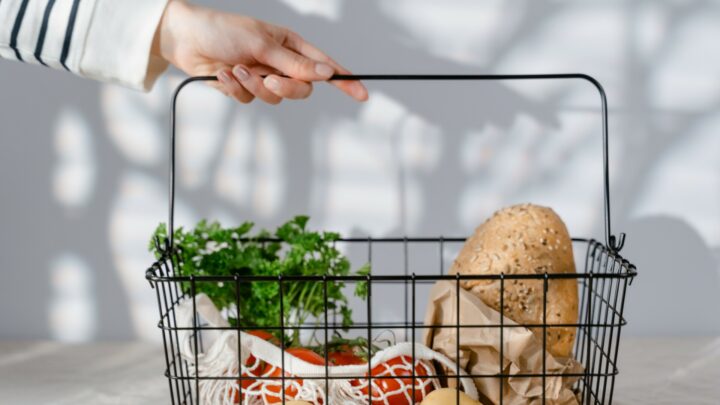Shopping Smarter, Shopping Greener
Shop Local
When buying fresh fruit and vegetables buy local seasonal produce. It cuts down on the energy used to transport and store your food before it hits your plate.
Try going the minimalist route by investing in fewer, more environmentally friendly items. Try shopping around for second-hand or quality items that last a long time and donate unwanted items to charity. Research and support brands that prioritise sustainability, ethical production, and environmental stewardship. Look for certifications such as B Corp, Forest Stewardship Council (FSC), or Cradle to Cradle (C2C) to identify eco-conscious companies.
Further Reading

Shop Greener
The fashion industry represents an estimated 8-10% of global carbon emissions and nearly 20% of wastewater. Did you know that a polyester shirt has more than double the carbon footprint of a cotton shirt?
Try going the minimalist route by investing in fewer, more environmentally friendly items. Try shopping around for second-hand or quality items that last a long time and donate unwanted items to charity.
Research and support brands that prioritise sustainability, ethical production, and environmen-tal stewardship. Look for certifications such as B Corp, Forest Stewardship Council (FSC), or Cra-dle to Cradle (C2C) to identify eco-conscious companies.
Plastic packaging creates a lot of waste and is often difficult to recycle and should therefore be avoided. Select products with minimal or recyclable packaging to reduce waste. Bring reusable bags, containers, and produce bags when shopping to avoid single-use plastics. For certain products such as shampoo and soap try find refills. Try to buy kitchen and toilet roll made from recycled paper.
When thinking about upgrading electronic gadgets think about selling your old version, having it fixed if it is broken and buying a second-hand upgrade. Waste electrical and electronic equipment (WEEE) is one of the fastest growing categories.
Read More









